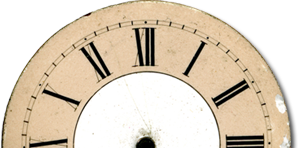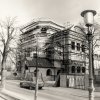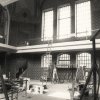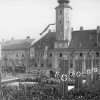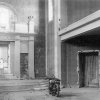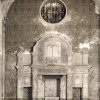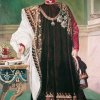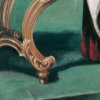The Institute for Jewish History in Austria (injoest)
In June 1984, the former synagogue was reopened with an exhibition of Max Berger's Judaica collection. Since June 1988, the Kantorhaus has housed the Institute for Jewish History in Austria. With the reopening of the Former Synagogue St. Pölten, the Injoest in addition to its research activities is also responsible for the scientific management of the synagogue.
The Renovation
In the late 1970ies it was conceivable that no new Jewish Religious Community was to be founded. The IKG Vienna, which had only expenses but no advantages from maintaining the building, made an application for demolition.
During and after the war
According to plans of the NSDAP, the Synagogue was to be demolished "at costs of the Jewish capital", the cantor’s house was to be renovated and assigned to the party. This scheme was, however, not realised. The SA-Standarte 21 moved into the cantor’s house and applied for the flat of the non-Jewish couple Diete.
Der Novemberpogrom
"Amidst a German town – and St. Pölten is such a town, is it not? – arises an oriental building, curly characters ›decorate‹ its facade and a star arches up above the cupola which we can happily spare in our sky. One day when this building stands without meaning and use – and this will happen soon (it is clear that the Ostmark will stand an example) then it will make room for a ›representative‹ building!? If we succeed in cleaning business life in our town from foreigners, then the exterior will have to follow that example." This blatant summons to destroy the St. Pölten Synagogue was published in St. Pölten’s Anzeiger as early as on November 5th, 1938.
The lost portrait of the Emperor
In August 1913 the Israelite Religious Community discarded the original plan to put up a bust of the Emperor at the ante-room of the Synagogue. Instead, the painter Emil Krausz from Graz, who had spent his childhood in St. Pölten, was commissioned to paint a portrait of Emperor Franz Josef for the price of 50 crowns. This painting was long considered "lost".
